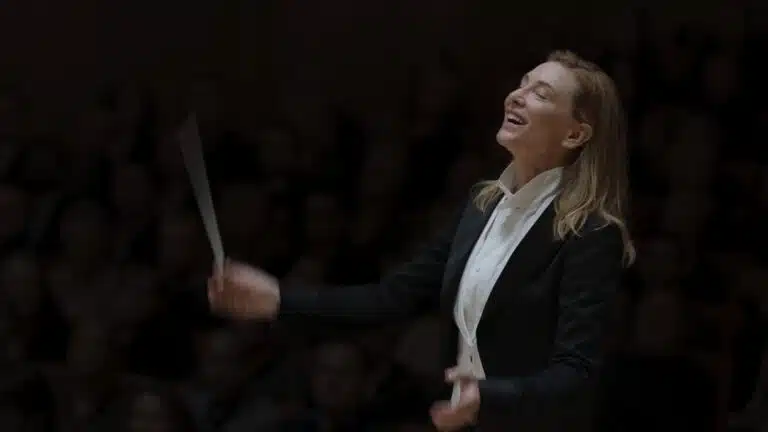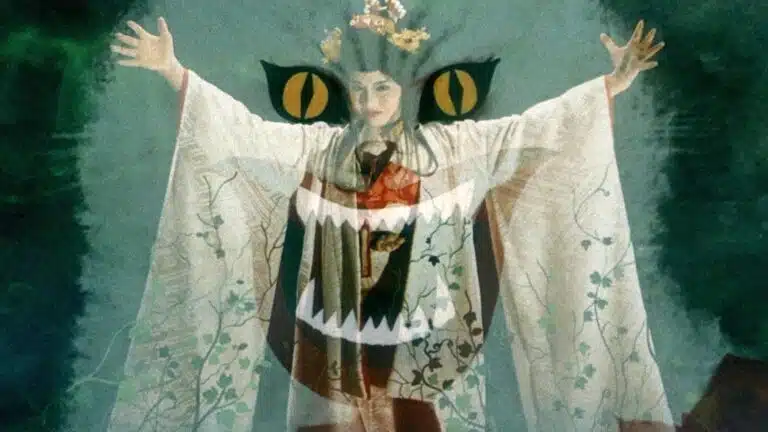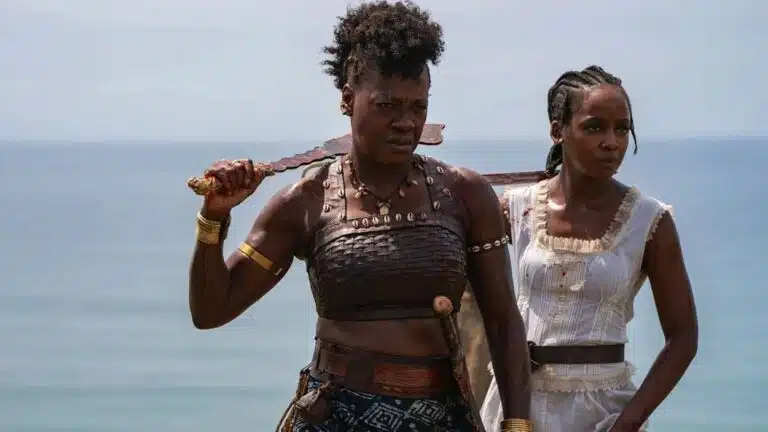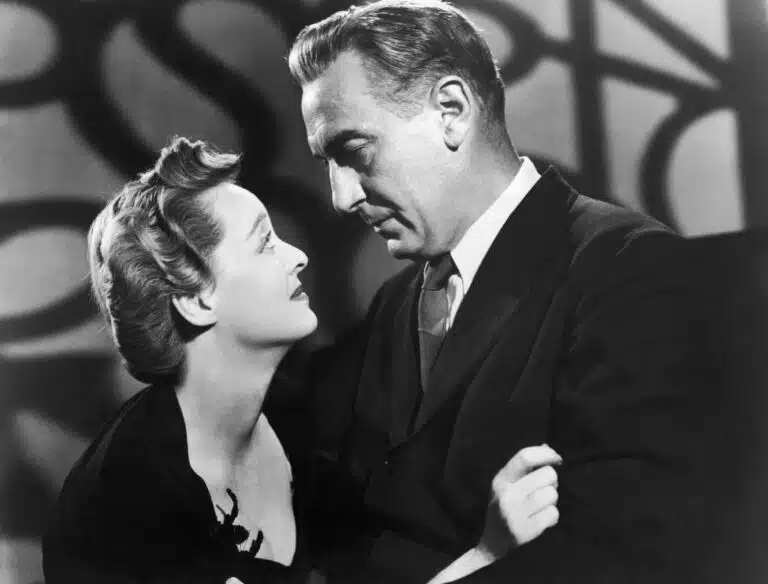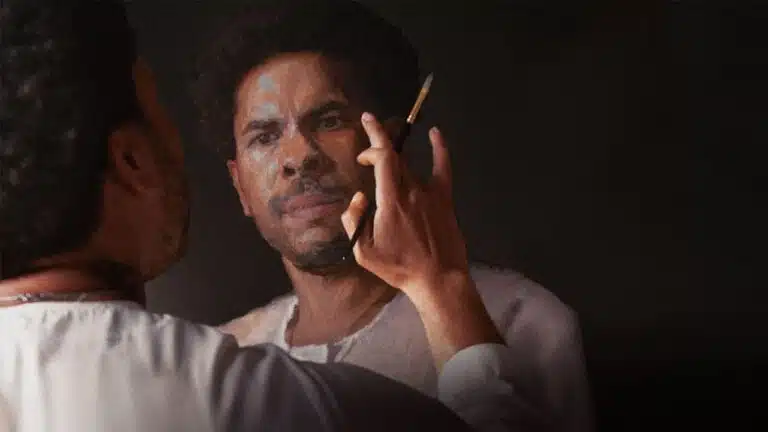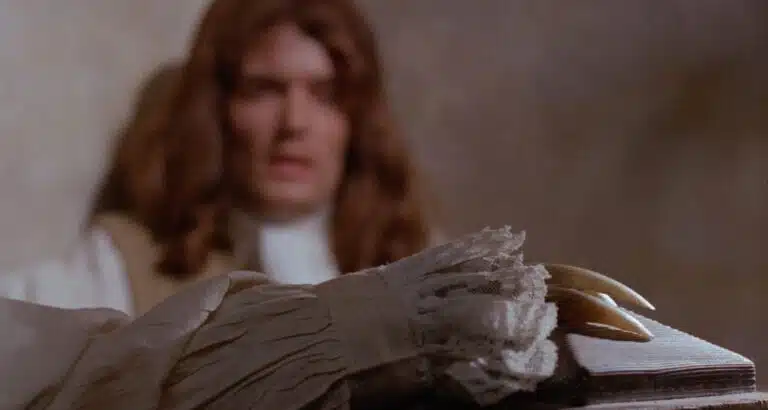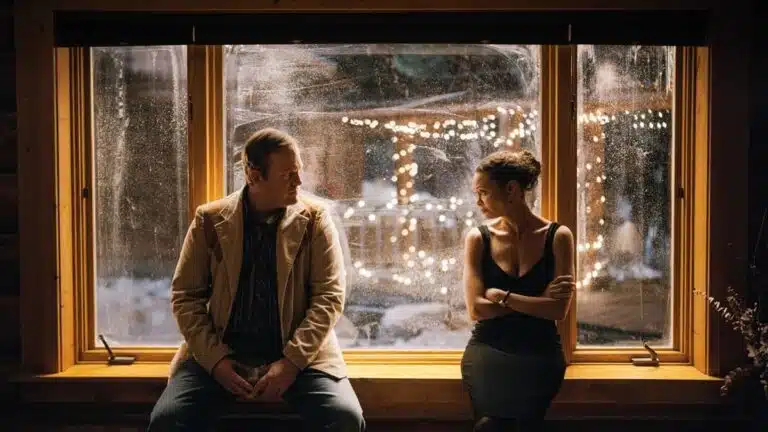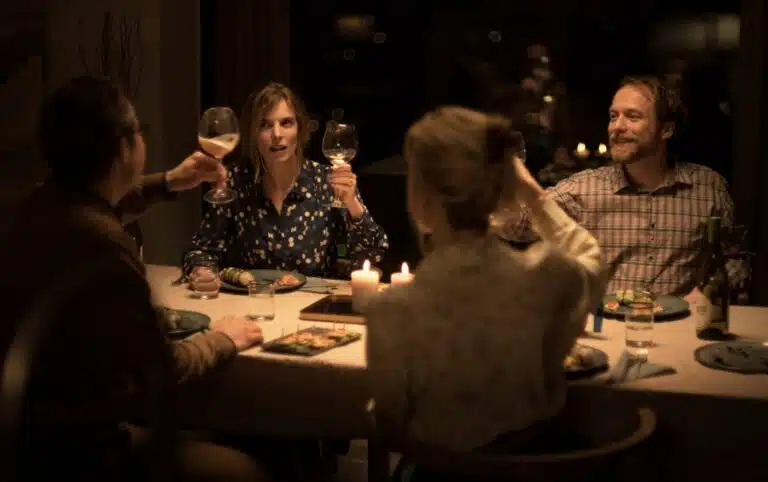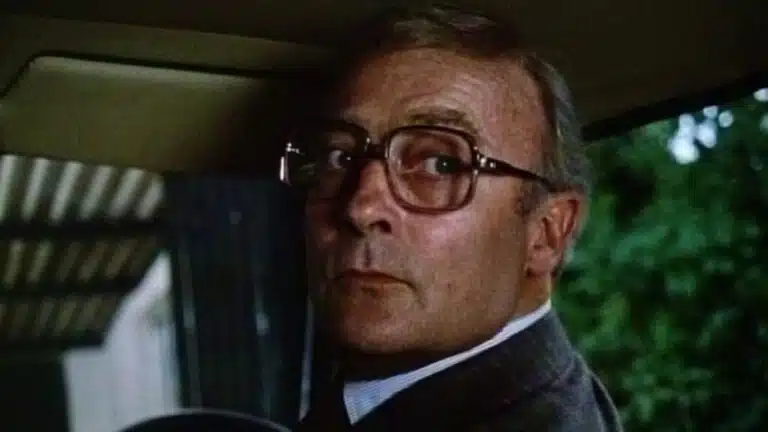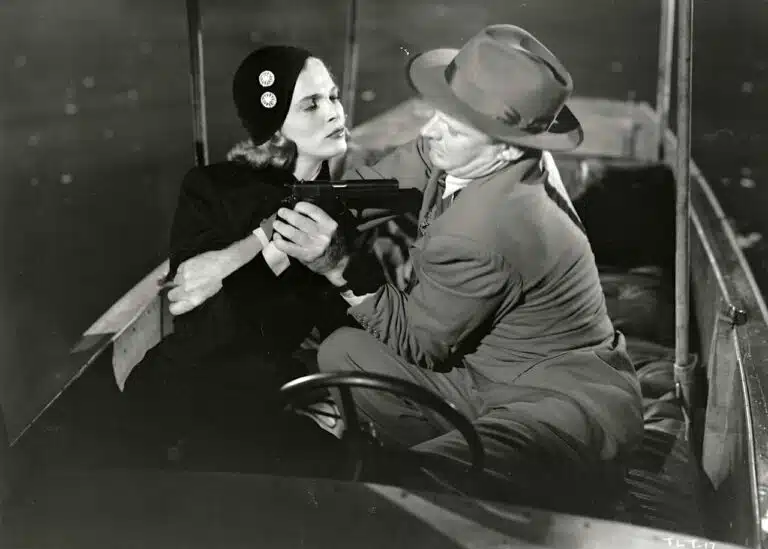Tár
Tár, not Tar – even in the title of this drama about a world-famous conductor’s epic fall from grace there are hints as to what exactly caused it. Writer/director Todd Field, in his first film since 2006’s Little Children, structures this grand return like a symphony, with a big opening statement à la Mahler’s Fifth, introducing conductor extraordinaire Lydia Tár (Cate Blanchett) on stage in conversation with Adam Gopnik of The New Yorker. This is the full data-dump of personality – a glamorous, garrulous, driven, intellectual, unapologetic, combative internationally feted conductor at the top of her game. Tár’s self-satisfaction is almost unbearable to watch. After that a series of sketches dip slightly behind the … Read more
